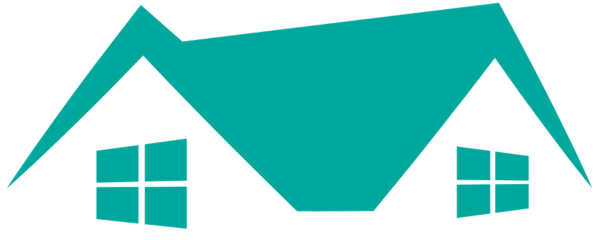Sober Living INFOrmation & FAQ
What is a Sober Living Environment?
Lack of a stable, alcohol and drug free living environment can be a serious obstacle to sustained abstinence. Destructive living environments can derail recovery for even highly motivated individuals. Sober living houses are alcohol and drug free living environments for individuals attempting to abstain from alcohol and drugs. They are not licensed or funded by state or local governments and the residents themselves pay for costs. The philosophy of recovery emphasizes 12-step group attendance and peer support.1
Rather than providing treatment services, sober living facilities offer a constructive living environment and supportive services, assisting people in recovery to develop healthy routines without the use of alcohol or drugs. Sober living facilities aren’t structured like treatment centers; rather, they allow residents to learn how to constructively structure their routines in preparation for living independently.2
FAQ
Frequently Asked Questions about Sober Living
- What is the difference between a sober living house and a halfway house?
In general, Sober Living homes provide a safe, substance-free environment that is recovery-focused to reinforce long-term maintenance of sobriety. Residents are generally allowed to stay as long as needed. Conversely, halfway houses are typically government funded and only allow clients to stay for a specified amount of time.
- Is an Action Sober Living house a treatment center?
No. Action Sober Living Homes provides safe, structured sober living communities for individuals in recovery, but we are not an addiction treatment center.
- Will I be drug tested?
Yes. Action Sober Living residents are required to submit to regular, random drug and alcohol testing.
- Are residents required to attend 12-step meetings?
Regular 12-step meeting attendance is highly encouraged, but not required. Working a 12-step program with the help of a sponsor as well as building a support group in a 12-step community are essential to long-term sobriety.
- What is the cost of a room/bed?
We offer a wide range of rooms and pricing options. Generally, all of our rooms are shared by two or more residents. The cost for a bed in one of our homes includes all amenities, including Cable TV, High Speed Internet, and laundry facilities.
- How long do I have to be sober before I move in?
We require that residents have at least 36 hours sober before moving in to one of our homes. In some cases we may recommend that you complete a detox or residential treatment program first.
- How long can I stay?
In general, we allow residents to stay as long as you need to in order to support their recovery. If our staff believes you are ready to live sober on your own, we will encourage you to do so and provide the support and resources you need to make the transition as smooth as possible.
- Can I leave at any time?
Yes. Our residential agreement is on a month-to-month basis, so there is no long-term commitment. You may leave anytime you wish, but we prefer a 30 day notice.
- What happens if I relapse?
For the safety and well-being of everyone, if a resident relapses they will be asked to leave the house immediately. The resident may or may not be allowed to return at a later date. These instances are dealt with on a case-by-case basis.
- Can I stay away from the house overnight?
For the first 30 days, new residents are not allowed stay away overnight. Each house has a curfew that residents need to adhere to. After 30 days, residents may stay out overnight after giving the house manager sufficient notice.
- Can I bring my pet with me?
Generally, pets are not allowed in our Sober Living houses.
If you have further questions or concerns, or to find out about bed availability please contact us and we will be happy to answer your questions. We look forward to helping you start or continue your journey in recovery!
1 Polcin, D.L., Korcha, R., Bond, J., & Galloway, G. (2010). What did we learn from our study on sober living houses and where do we go from here?
2 Polcin, D.L., Henderson, D., Trocki, K., Evans, K., & Wittman, F. (2012). Community context of sober living houses.
